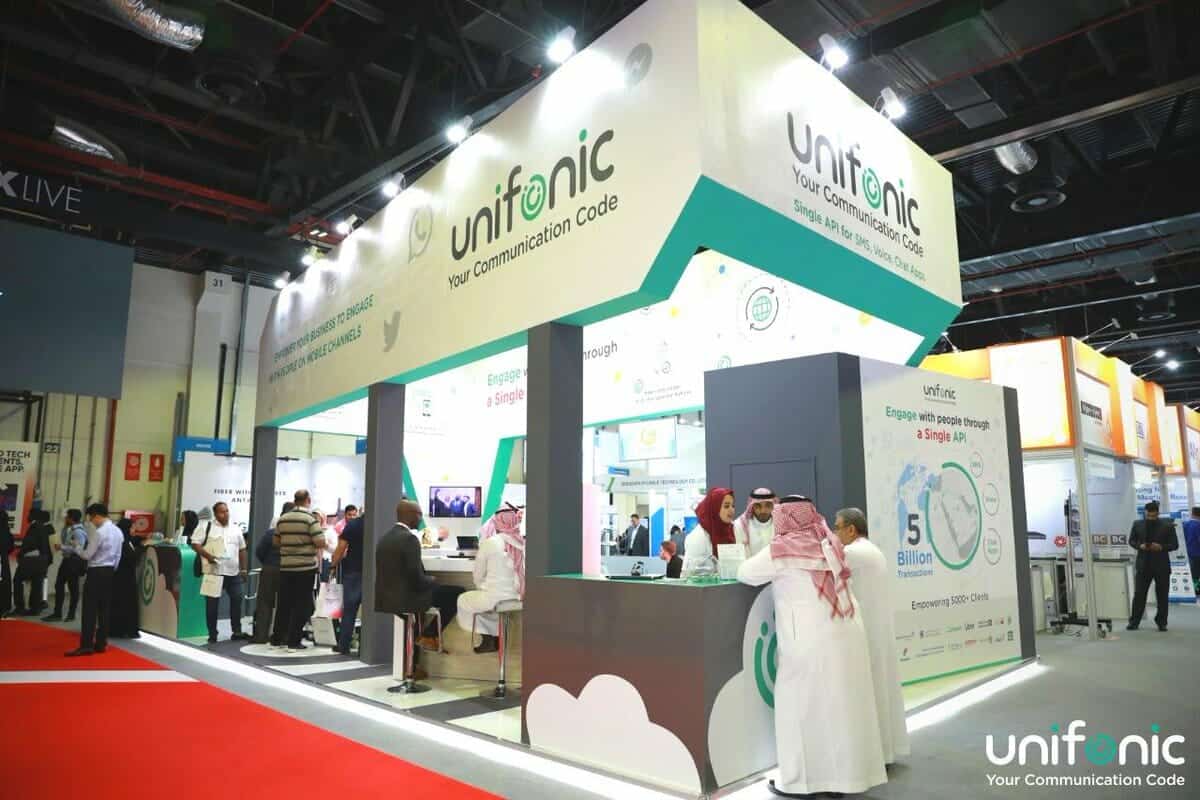Days after securing a $125 million Series B funding from SoftBank, the Saudi startup, Unifonic, says that it wants to be profitable first before listing on a stock market.
Its CEO Ahmed Hamdan said, “Over the next six months, we will have a bigger vision regarding the offering,” he said in an interview. The main criterion is to maximize the company’s profitability and the appropriate market in terms of the quality of the products we offer, and the appetite of investors in the public markets, he said without specifying which market Unifonic might list on.
Unifonic, which currently has offices in Saudi Arabia, the UAE, Jordan and Pakistan, plans to expand its customer engagement offering into new markets in the Middle East and Africa, including Nigeria, over the coming five years, he said.
Japan’s SoftBank and Sanabil Investments, a unit of Saudi Arabia’s Public Investment Fund, led a $125 million Series B funding round for Unifonic, it said in an announcement this week.
SoftBank’s $30 billion Vision Fund 2 made its first investment in a UAE-based company in July when it led a $415 million Series C round in cloud kitchen Kitopi, pushing its valuation above the $1 billion mark that makes it a unicorn.
The investment will help Unifonic grow, according to Hamdan, who said the company plans to hire more than 1,000 employees to develop its expertise in cloud, artificial intelligence and data.
Since 2018, the company’s shareholders have doubled the value of their investments, among the best returns in venture capital, he said. It has quadrupled sales in the past three years, and the company will continue to achieve high growth rates, which requires capital injections from time to time, he said.
“We expect this rate of growth to continue during the next three years, with the volume of business doubling every two years,” he said.
Growth will be through direct investment or acquisition, Hamdan said.

